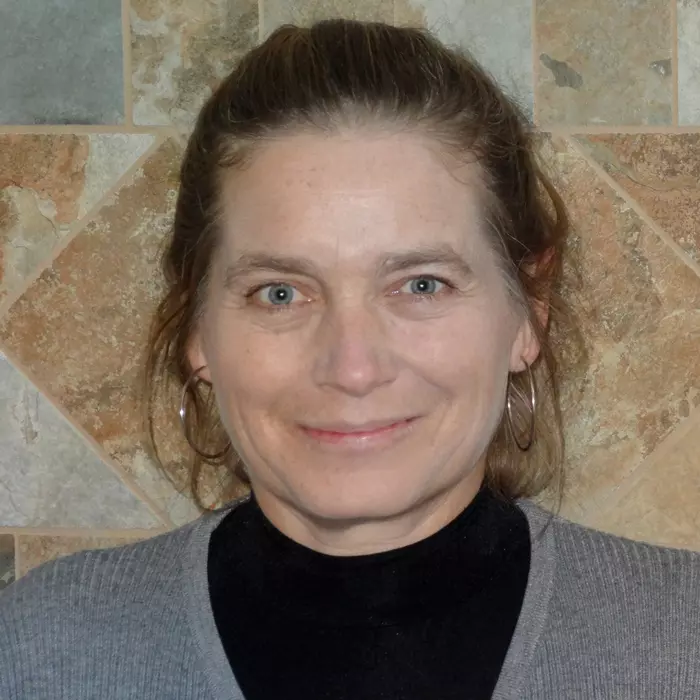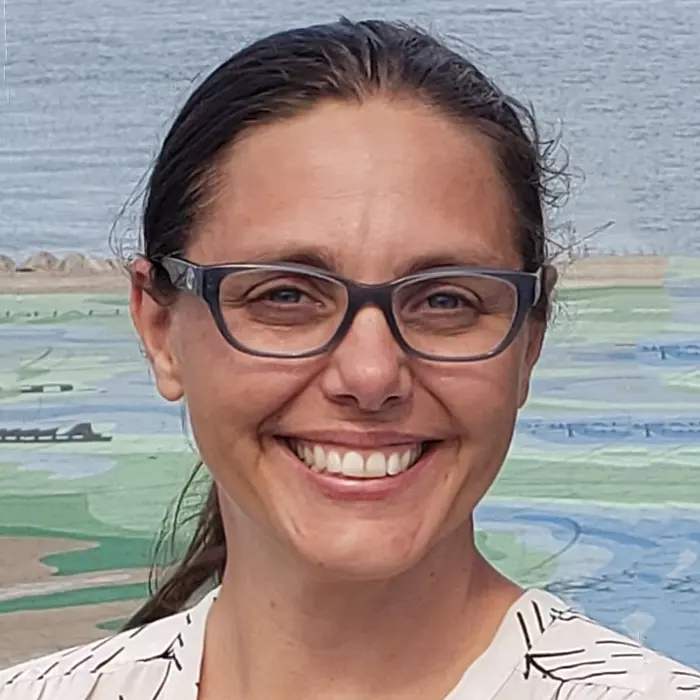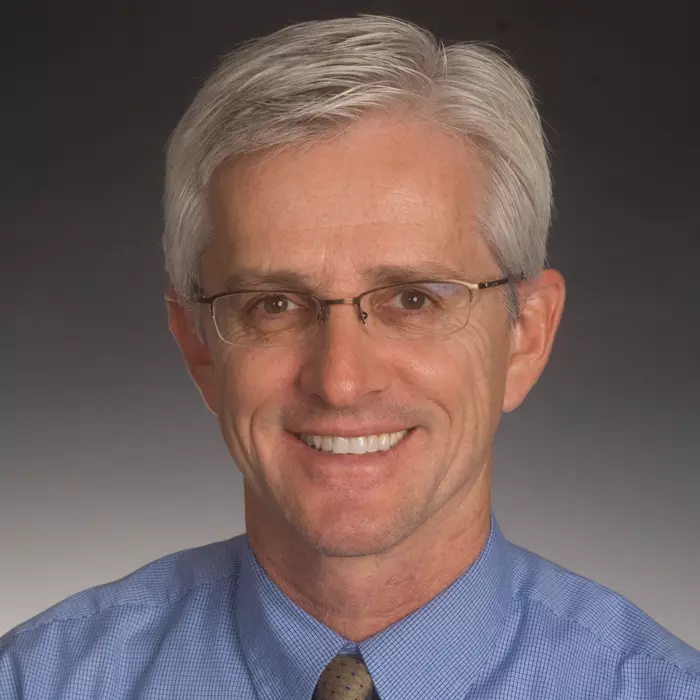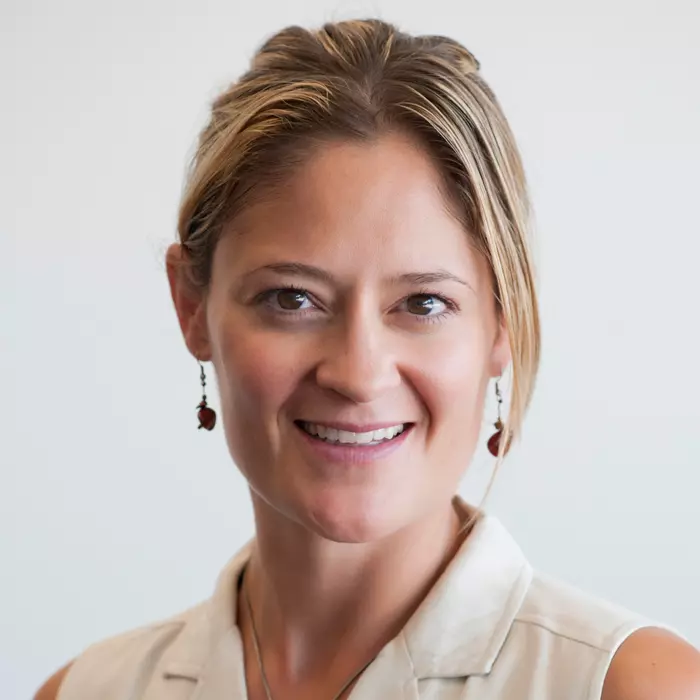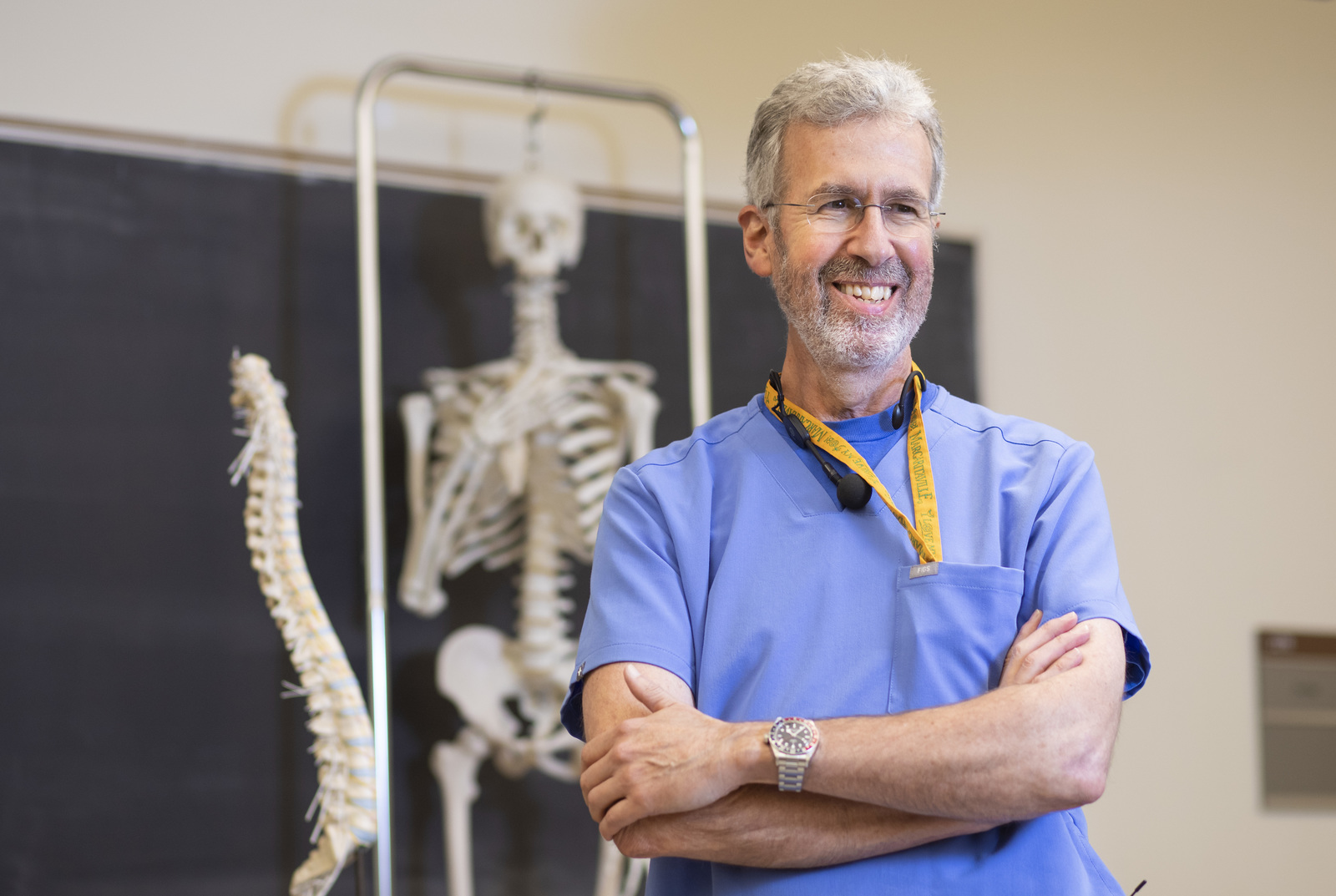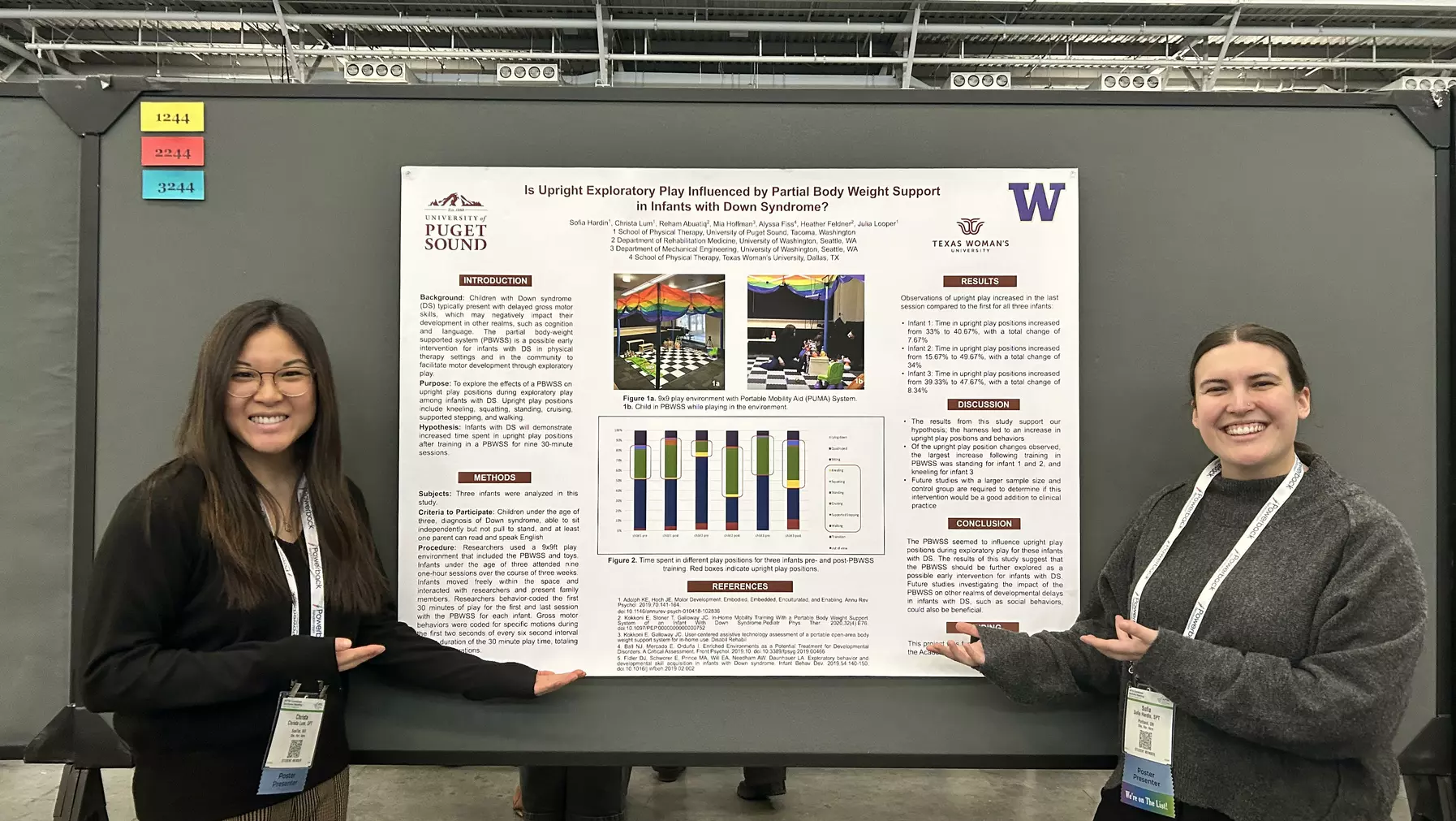Program Description
Within a vibrant academic community, physical therapy students at Puget Sound benefit from small classes and personal relationships with professors, as well as extensive, hands-on clinical experiences and a coordinated curriculum of written and oral communication woven throughout the program. Trained as critical thinkers and compassionate caregivers, students gain valuable experience through meaningful research, innovative programs, and advanced clinical electives. Puget Sound offers physical therapy services to the community in a free clinic where students deliver care mentored by licensed therapists hired from the region. This clinical learning is integrated into students’ second and third years, and is in addition to the program’s 30 weeks of full-time clinical internships.
Our graduates leave the program clinically ready, independent practitioners and collaborative professionals in the field. Since the program’s founding in 1975, we have had exceptionally high first time and ultimate passing rates on the professional licensing exam.
What You'll Learn
- Evidence-based assessment and clinical reasoning
- Variety of interventions
- High quality written and oral articulation
- Hands-on learning in a clinical setting
- Preparation for professional licensing exam
- Use of a variety of clinical and adaptive facilities




